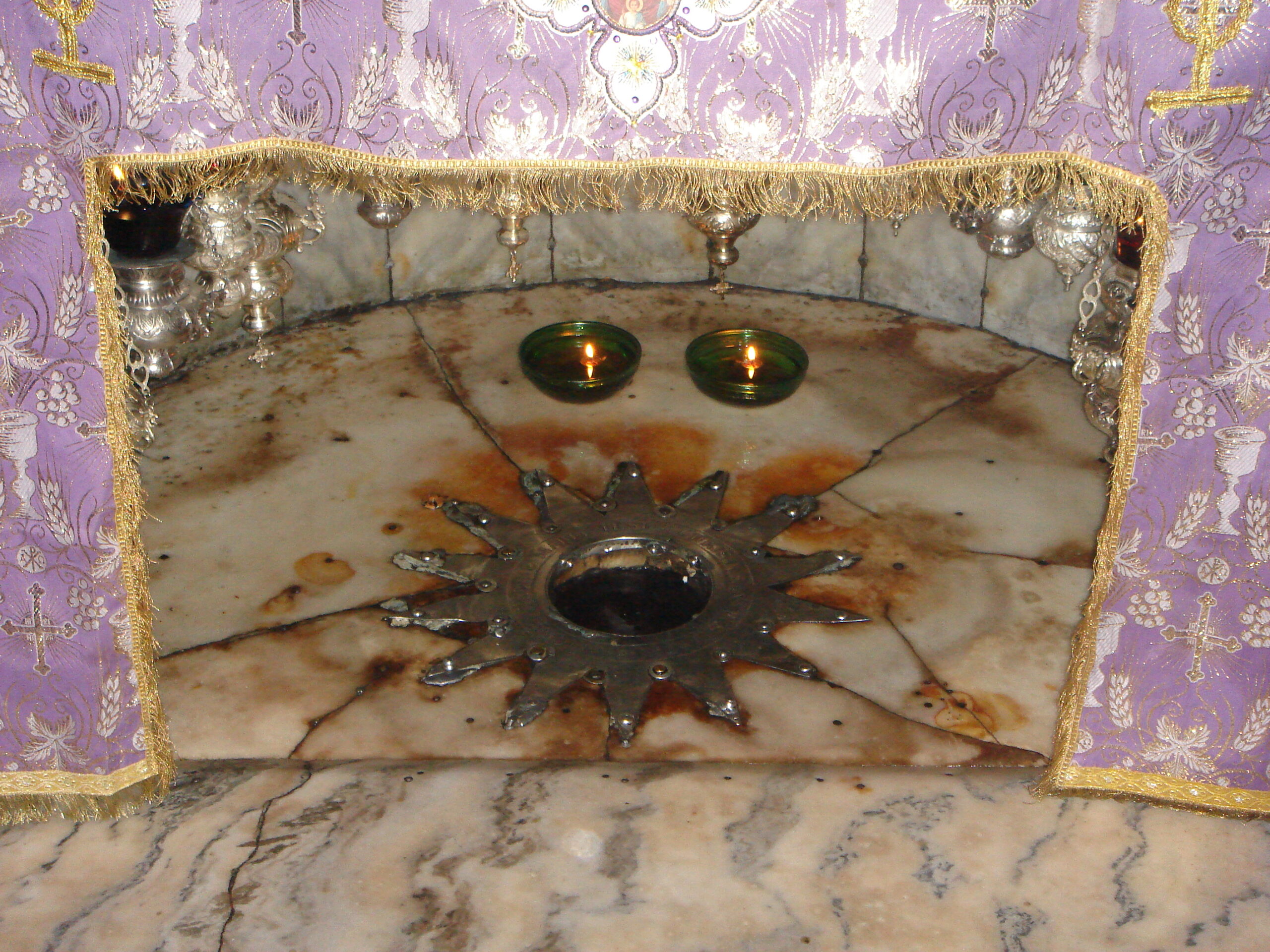The Tale of a Prophet: Isa (Jesus) in Islam
In the quiet of a world weighed by the struggles of humankind, there came a miraculous sign—a child born to a virtuous woman named Maryam (Mary). The birth of Jesus, known as Isa ibn Maryam, was nothing short of extraordinary. Born of virgin birth, Maryam stood as a symbol of purity and faith, and her son, destined to become a Prophet, was a miracle from Allah—a testament to His divine power and will [Quran 3:45].
The Miraculous Birth
The Miraculous Beginnings
Mariam the daughter of Imran and a descendant of Harun the brother of Musa grew up as a pious woman and dedicated her time for worship at her sanctuary. After her father’s death, a prophet became her guardian. That was Zakariya the father of Yahya (John the Baptist).
One day, an angel sent to her by Allah appeared before Maryam and she was startled and though he was nonhuman or a Jinn. She told him “I take refuge in Allah from you if you are a Jinn’ but the angel responded, “I am the messenger of Allah to you to give you a young pure boy” She replied “How can I have a boy and no man touched me!” and the angel responded “This is decreed by Allah and it is easy for him. You son will be a miracle and mercy to the people. The order from Allah is already done”
When Mariyam felt the pregnancy starting to show, she isolated herself in a distant sanctuary. When labor day came, she gave birth under a palm tree close to a water stream. She felt so depressed by what was happening as she expected to be accused of adultery by her people. A voice came from a close by spot telling her ‘Do not be sad, Allah gave you a boy. You have water close by. And shake the palm tree above you anytime and you will get dates of the best kind instantly”. It continued “Eat and drink and be satisfied. And if you see any human do not talk and give them a sign that you are fasting for the sake of Allah from talking”. Scholars differ on who was the talking voice in this incident. Some say it was the angel Gabriel, and others say it was Jesus himself as he spoke in his infancy, and this is how she knew he was going to speak for himself when people ask her about him.
Next, she went back to her village and people started asking her about the baby, with some saying ‘Oh, Maryam, you did something terrible”, “Oh sister of Harun (Aaron) you father was not a bad man and your mother was never a prostitute” She the pointed at Jesus as she was telling them ‘Talk to him”
The people around Maryam were surprised by Maryam’s request and said, “How can we speak to an infant?” But then they were shocked by the infant when he started talking. He said “I am the servant of Allah. He gave me the book and made me a prophet. He blessed me wherever I am, and commanded me to pray, give charity as long as I live. And peace be upon me the day I was born, the day I will dies, and the day I will be resurrected”.
This is simply the main story of Jesus according to Islam. The truth about him is simple and straight forward: Allah does not take sons as Allah is not like humans or any other creation. Allah can create according to the rules he put into this universe, but he can also break these rules if he decides to do that. All is the only one unique God of all creation including Jesus, Maryam, all mankind, and all that exists. We are directed by Allah to acknowledge this message and to follow the straight path of Allah.
Miraculous Beginnings
The Miracles of Isa (Jesus)
As he grew, Isa’s life became a testament to divine blessings. Allah granted him the ability to perform miracles: healing the blind, curing lepers, and even raising the dead—all by the will of Allah [Quran 5:110]. He fashioned birds from clay and breathed life into them, a reflection of Allah’s ultimate creative power. The miracles were not acts of showmanship but compassionate signs for those willing to believe.
A Call to Monotheism
The Message of Tawḥīd
Isa was not merely a worker of wonders; he was al-Masih, the Messiah, calling his people back to tawhid (monotheism), the worship of One God. Al-Masih or Messiah simply means the ‘Anointed one”. He was appointed by Allah to lead the Israelites to the straight path of Allah, and this is the core role of the Messiah.
His message echoed through the towns and hills of Palestine, teaching kindness, humility, and submission. Yet, his call was met with resistance. The Quran recounts that while some accepted him as a Prophet sent by Allah, others denied him. Efforts were made to discredit him, and eventually, a conspiracy arose to end his life.
Despite the challenges, ʿĪsā’s message of tawḥīd continued to resonate with those who were open to the truth. His life and teachings became a source of inspiration for generations, emphasizing the importance of faith, humility, and submission to Allah. The trials he faced only strengthened his resolve, and his legacy endures as a reminder of the enduring power of faith in the face of adversity.
The Truth about Crucifixion
Islamic teachings strongly affirm that Isa was neither crucified nor killed. Instead, Allah raised him to the heavens in a miraculous event, saving him from his enemies [Quran 4:157-158]. Allah protects his messengers as they deliver his message. Martyr prophets were only prophets and not assigned by Allah to deliver a new message to mankind or to their people.
A Divine Intervention
Isa was an appointed messenger and hence he was protected by Allah, and no one was allowed to touch him. This profound moment has become a cornerstone of Islamic belief, emphasizing that Jesus was a chosen Prophet, not a figure of divine sacrifice. The witnesses of that time saw someone being crucified, and they though he was Jesus, but he was not. Now we know that as Allah has revealed that to mankind through the final revelation: The Quran.
The Second Coming
In Islamic eschatology, the Second Coming of ʿĪsā is a significant event that heralds a new era of justice and peace. It is believed that ʿĪsā will descend from the heavens near the white minaret of the Umayyad Mosque in Damascus, joining forces with the Mahdi to confront the Dajjal, the false messiah. This momentous event is seen as a divine intervention that will restore balance and harmony to the world, reaffirming the oneness of Allah and the truth of His message.
His return will affirm the unity of Allah and bring the world together in harmony before he passes away and is buried beside the Prophet Muhammad in Medina’s holy precinct of the Green Dome.
The implications of ʿĪsā’s return are profound, as it symbolizes the ultimate triumph of good over evil. His descent is viewed as a unifying force, bringing together believers in a shared commitment to faith and righteousness. The Second Coming is not just a future event but a source of hope and anticipation for Muslims, reminding them of the promise of divine justice and the fulfillment of Allah’s will. It serves as a call to prepare for a time when the world will be guided by the principles of peace, justice, and unity under the banner of Islam.
The Enduring Influence
A Prophet of Compassion
For Muslims, Isa is a revered figure, a Prophet, and a sign of Allah’s mercy, not to be worshipped but to be deeply respected. His life and mission reaffirm the central message of Islam: submission to the will of Allah and the oneness of His divinity. His legacy endures in the hearts of the faithful, reminding humanity of its shared truths and common purpose.

As the story of Isa continues to resonate through centuries, it calls on believers to reflect on his humility, his miracles, and his ultimate role as a servant of Allah. And so, he is a man created miraculously by Allah and remains a luminous figure in Islamic memory, a Prophet of great dignity and a promise yet to be fulfilled.


0 Comments